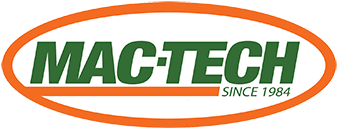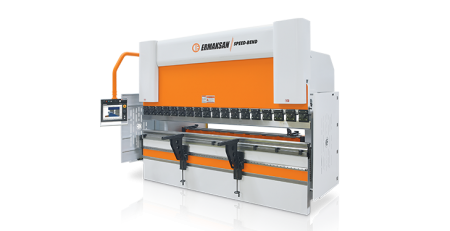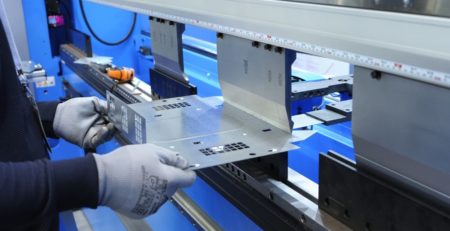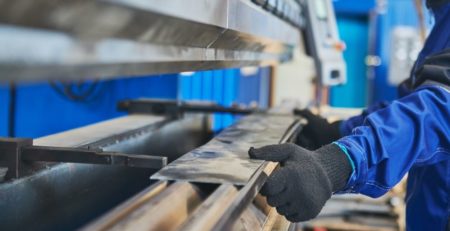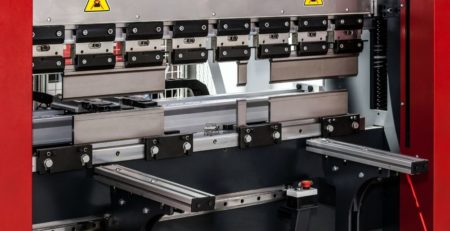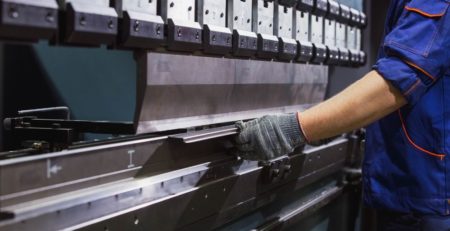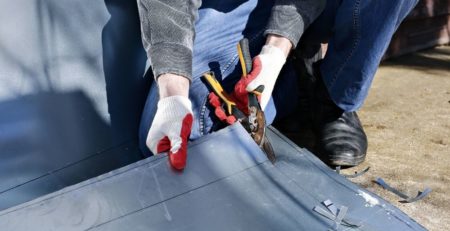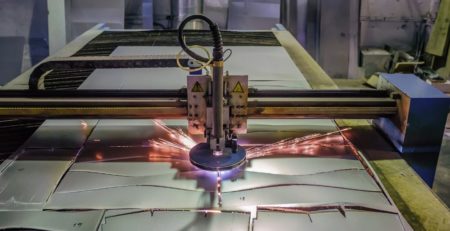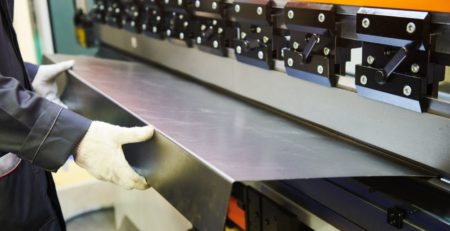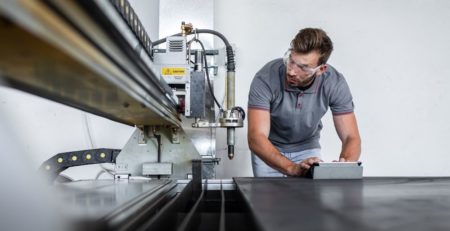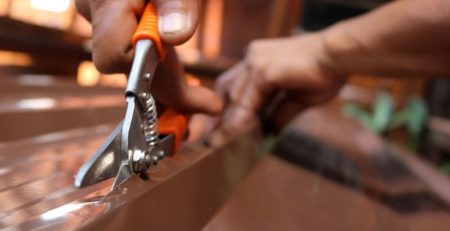How Hydraulic Press Systems Can Fail
It’s nearly impossible to walk into a fabrication shop without seeing a hydraulic press system. These devices use a ram to compress and manipulate sheet metal into any shape a worker’s heart desires. The equipment can increase productivity dramatically. That is, if it’s working correctly. However, staff members should also know how hydraulic press systems can fail so that they can spot the signs before disaster strikes.
Loss of Pressure
Hydraulic press systems use an enormous amount of press to compress a large piece of material. Shop employees may think that a lack of pressure isn’t that big of a deal since the tool is so massive; this sentiment is entirely untrue. When the piece of metal fabrication equipment isn’t as powerful as usual, the oil is more like to leak or become contaminated. These problems could be disastrous because they could cause the ram to fall down unexpectantly, potentially crushing a fabricator underneath.
So, staff members ought to check the device’s pressure before every use so that they remain safe and in order to make the highest quality cut possible. If a ram falls because no one checked it, the best-case scenario is that they get in trouble with their supervisor. In the worst-case scenario, they can end up on the couch for months due to a debilitating injury.
Overheating
Most machines in a fabrication shop are incredibly hot because they need heat to cut through thick material. In fact, most shop workers wear gloves and goggles to protect their eyes in case a flame comes flying their way. That pain is something no one should ever have to experience. Although the devices have to be warm, overheating is another telltale sign of how hydraulic press systems can fail.
For starters, if the oil in the machine reaches a temperature over 180 degrees, it’ll become contaminated and start to leak. Also, when a device like a press brake overheats, the quality of the cut is affected because the laser melts too far through the metal, and the accuracy is diminished. Staff members should stop working the minute they notice a system is getting too warm. The shop’s productivity is ultimately at stake if someone continues working, since they’ll likely have to recut everything. No one wants to see the look on a shop owner’s face when they deliver that news.
